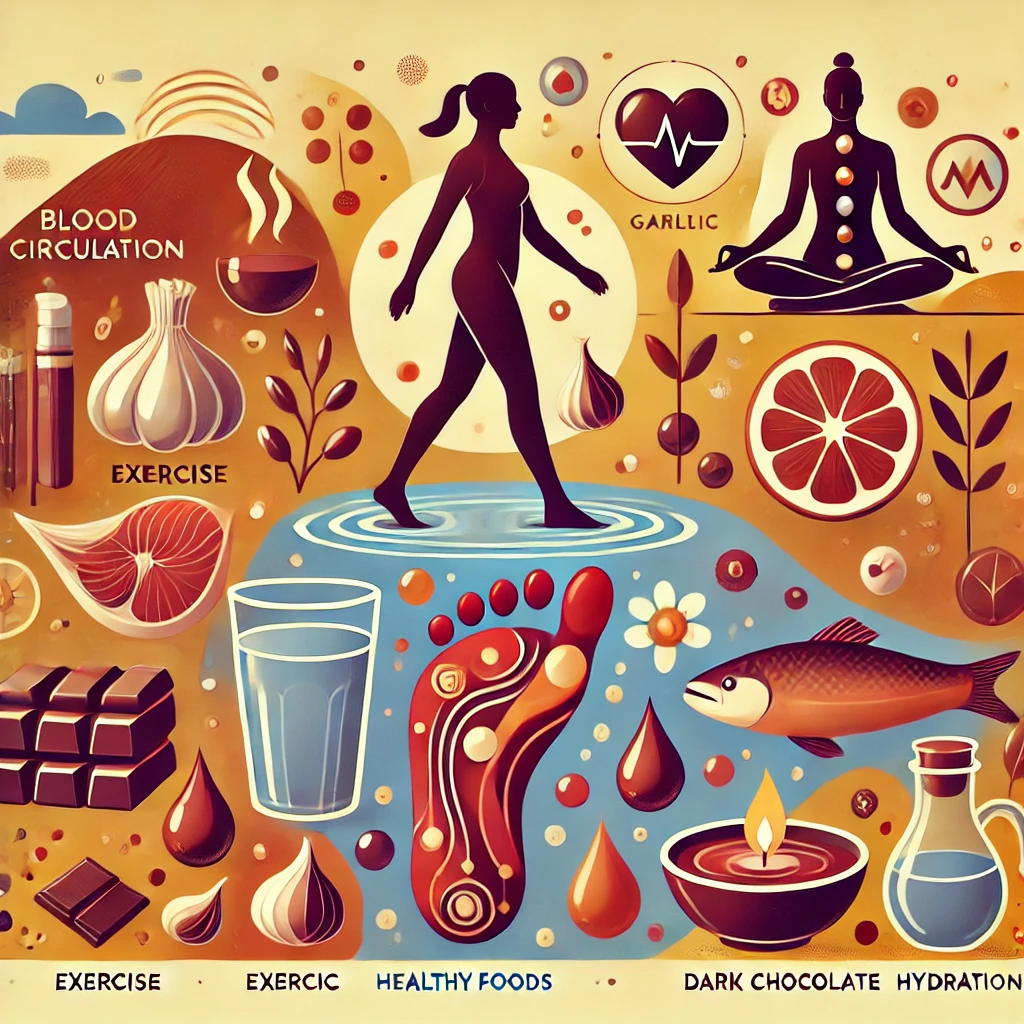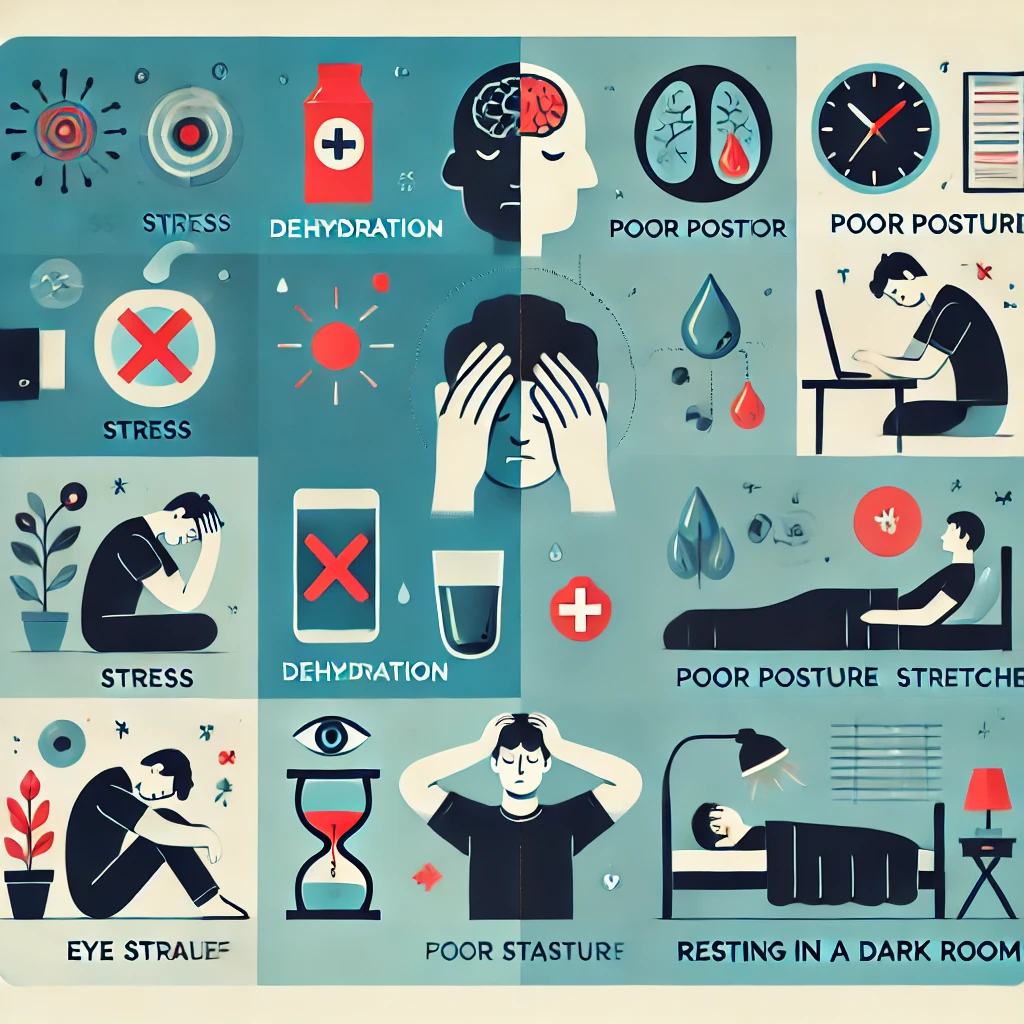Eating before bed, time is important
Eating before bed, Maintaining healthy eating habits is essential for overall well-being, and timing your meals can play a crucial role. Experts recommend finishing your meals 2 to 3 hours before going to bed. Here’s… Eating before bed, time is important



